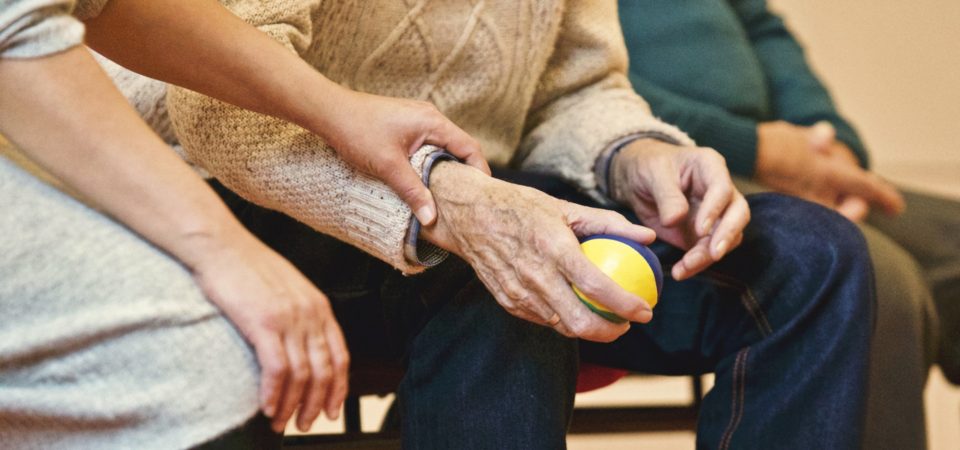Parkinson’s disease (PD) was first described by Dr. James Parkinson in 1817 as a “shaking palsy.” It is a chronic, progressive neurodegenerative disease characterized by both motor and non-motor features.
The disease has a significant clinical impact on patients, families, and caregivers through its progressive degenerative effects on mobility and muscle control. The motor symptoms of PD are attributed to the loss of striatal dopaminergic neurons, although the presence of non-motor symptoms supports neuronal loss in non-dopaminergic areas as well. The term parkinsonism is a symptom complex used to describe the motor features of PD, which include resting tremor, bradykinesia, and muscular rigidity. PD is the most common cause of parkinsonism, although a number of secondary causes also exist, including diseases that mimic PD and drug-induced causes.
Although it is primarily a disease of the elderly, individuals have developed PD in their 30s and 40s. Gender differences pertaining to the incidence of PD are reflected in a 3:2 ratio of males to females, with a delayed onset in females attributed to the neuroprotective effects of estrogen on the nigrostriatal dopaminergic system.
PD’s variable but pronounced progression has a significant impact on patients, families, and society. Advanced and end-stage disease may lead to serious complications, including pneumonia, which are often associated with death. Current treatment is focused on symptomatic management. Evidence suggests that PD patients may also benefit from a multidisciplinary approach to care that includes movement specialists, social workers, pharmacists, and other health care practitioners.
A recent technological breakthrough has allowed patients with PD to achieve a remarkable improvement in their lifestyle. Without the KeegoTM device, patients walked slowly, had to stop when taking stairs from exhaustion, had a difficult time picking up objects from the floor, exerted strenuous effort, when getting up from a chair to walk down the hall. Patients with PD wearing a KeegoTM device were able to achieve healthy movement patterns during several clinical trials. The same patients were able to walk about quickly, had no trouble walking up or down the stairs, picked up objects from the floor with little effort, and were able to easily sit down, and get up from the seat without propping themselves up with their hands.

